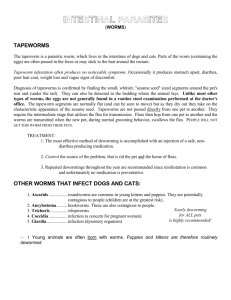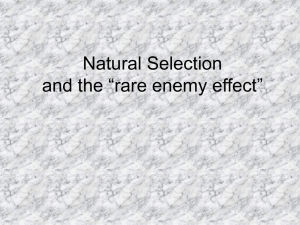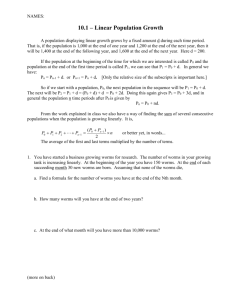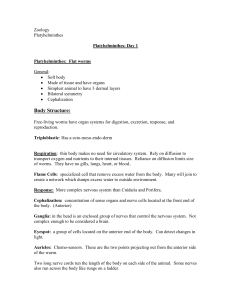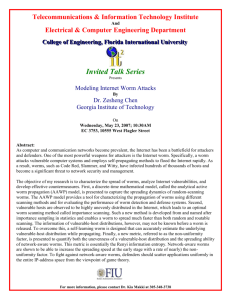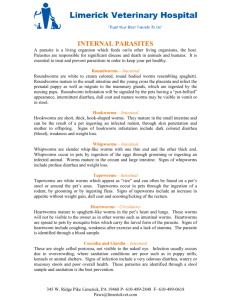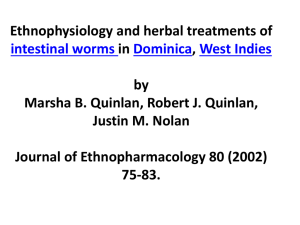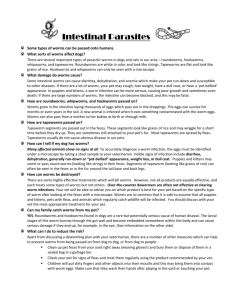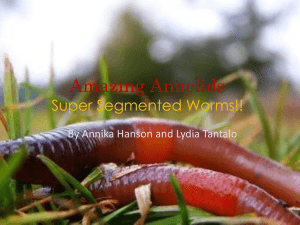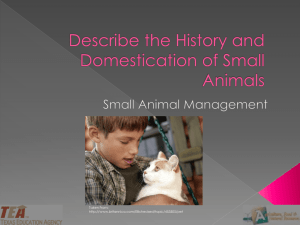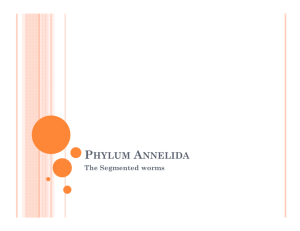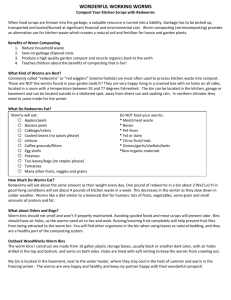Welcome to the November edition of our news letter
advertisement
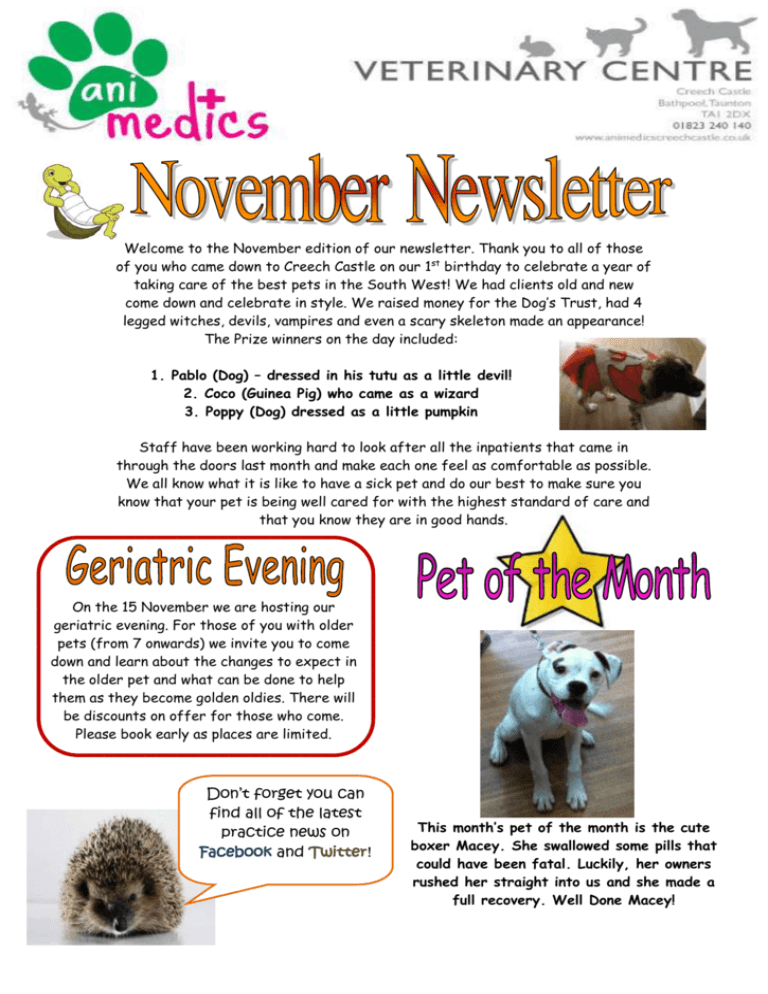
Welcome to the November edition of our newsletter. Thank you to all of those of you who came down to Creech Castle on our 1st birthday to celebrate a year of taking care of the best pets in the South West! We had clients old and new come down and celebrate in style. We raised money for the Dog’s Trust, had 4 legged witches, devils, vampires and even a scary skeleton made an appearance! The Prize winners on the day included: 1. Pablo (Dog) – dressed in his tutu as a little devil! 2. Coco (Guinea Pig) who came as a wizard 3. Poppy (Dog) dressed as a little pumpkin Staff have been working hard to look after all the inpatients that came in through the doors last month and make each one feel as comfortable as possible. We all know what it is like to have a sick pet and do our best to make sure you know that your pet is being well cared for with the highest standard of care and that you know they are in good hands. On the 15 November we are hosting our geriatric evening. For those of you with older pets (from 7 onwards) we invite you to come down and learn about the changes to expect in the older pet and what can be done to help them as they become golden oldies. There will be discounts on offer for those who come. Please book early as places are limited. Don’t forget you can find all of the latest practice news on Facebook and Twitter! This month’s pet of the month is the cute boxer Macey. She swallowed some pills that could have been fatal. Luckily, her owners rushed her straight into us and she made a full recovery. Well Done Macey! Angiostrongylus vasorum is a worm that lives in the pulmonary arteries (in the great vessels in the lungs) and the right ventricle of the heart. They grown up to 2.5cm in length. Dogs can become infected by swallowing snails/slugs or frogs or their slime trails. If left undetected it could be potentially fatal. Cats can also contract lung worm, however it is called Aelurostrongylus abstrusus. It too is ingested via slugs and snails. The worms are about 1cm long and live in the tissue of the lungs and bronchioles. These worms are not as severe as the dog one but can cause a chronic mild cough, sneezing and often production of mucus type sputum. It is rarely fatal in the cat, but does cause respiratory distress. These worms can be prevented so ask the practice for more details. In addition to this we also advise regularly worming against round worms and tape worms. Some cause problems to your pets, some can be Zoonotic (infect humans, especially children). Above: Life cycle Lung worm It takes about 7 weeks for larvae to turn into worms. They can live for 2 years. They can cause many problems in the dog from coughing, to inflammation of the arteries and veins that they inhabit, heart failure and bleeding disorders. Left: Angiostrongylus vasorum (Lung worm) Last month we featured an article on keeping your pet calm through the firework season. If you would like any information or advice contact us on 01823 240 140.
